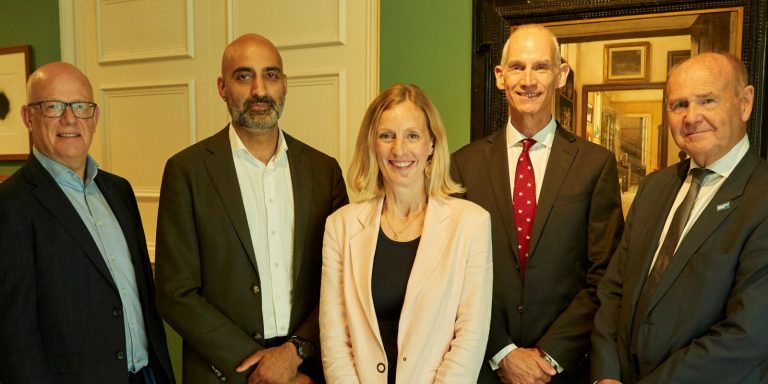Greater Lincolnshire is now recognised by the Government as the third of the nation’s new Regional Defence and Security Clusters.
The announcement has come from the Defence and Security Accelerator, created by the Government to accelerate innovation in defence and security in order to keep the UK safe and prosperous.
Established by the Greater Lincolnshire LEP, the cluster will support innovation in the field of intelligence, surveillance, target acquisition and reconnaissance.
The ambition is to establish Greater Lincolnshire as a national defence and security innovation, production and service hub and to promote the area’s ability to develop and support vital defence and security programmes.
John Ridge, Director of Defence Innovation at the MOD, said: “Lincolnshire has a long history of manufacturing, research, development, and innovation expertise to generate military capability for the UK and a solid link to innovation and collaboration between MOD and industry.
“The Greater Lincolnshire RDSC lands in the middle of that rich Lincolnshire innovation environment with a key focus on technologies supporting the ISTAR force at RAF Waddington and data science and has positioned itself well to extend that regional contribution.
“It is the MOD’s aspiration that as well as supporting the development of defence and security capabilities for the UK, RDSCs will to promote our ability to develop and support programmes to increase regional wealth through greater public and private inward investment and the creation of high-value, better paid jobs.”
Anita Friend, Head of the Defence and Security Accelerator, said: “In supporting the creation of Regional Defence and Security Clusters in the Defence and Security Industrial Strategy, the MOD and especially my team within DASA recognised that collaboration between the established industry suppliers, SMEs and academia, supported by regional partnerships, was key to increasing the diversity in the regions to develop, exploit and commercialise advanced innovation for defence and security.
“The Greater Lincolnshire Defence & Security Cluster will have a vital central role in fostering that collaboration for Lincolnshire and as part of the growing network of regional clusters.”
Major General Julian Free CBE, Deputy Vice Chancellor at the University of Lincoln and Chair of the Greater Lincolnshire LEP Defence and Security Board, said: “Today marks an important milestone for the region as the culmination of a lot of work to connect the regional defence and security sector SME, prime contractor and supply chain community, to raise the profile of the tremendous innovation they are driving to meet the challenges of today and tomorrow, and to promote the opportunities for other companies to locate or expand here as part of the cluster.
“It also provides a springboard for individuals to pursue exciting and rewarding high-tech, high-value careers in Greater Lincolnshire.”
The other two existing clusters are the South West RDSC and the Three Counties RDSC in the West Midlands.











